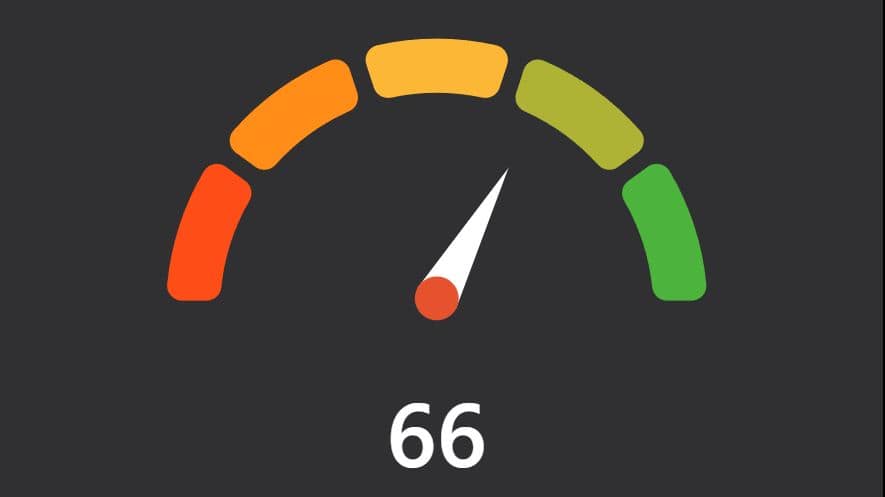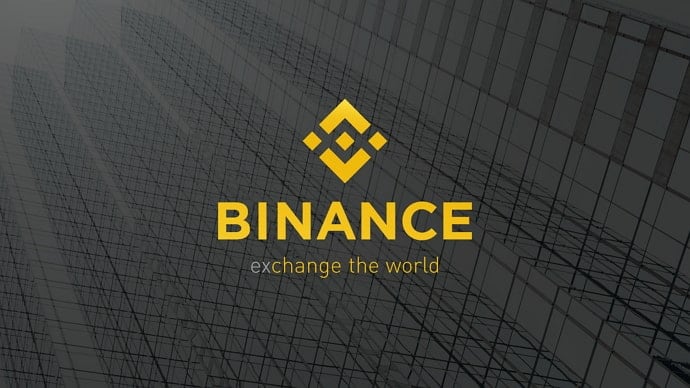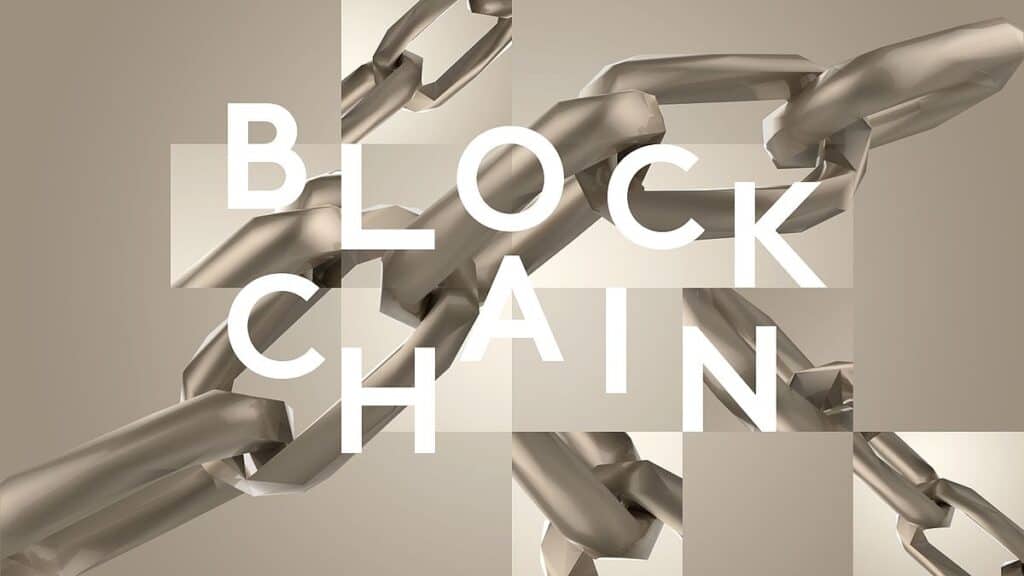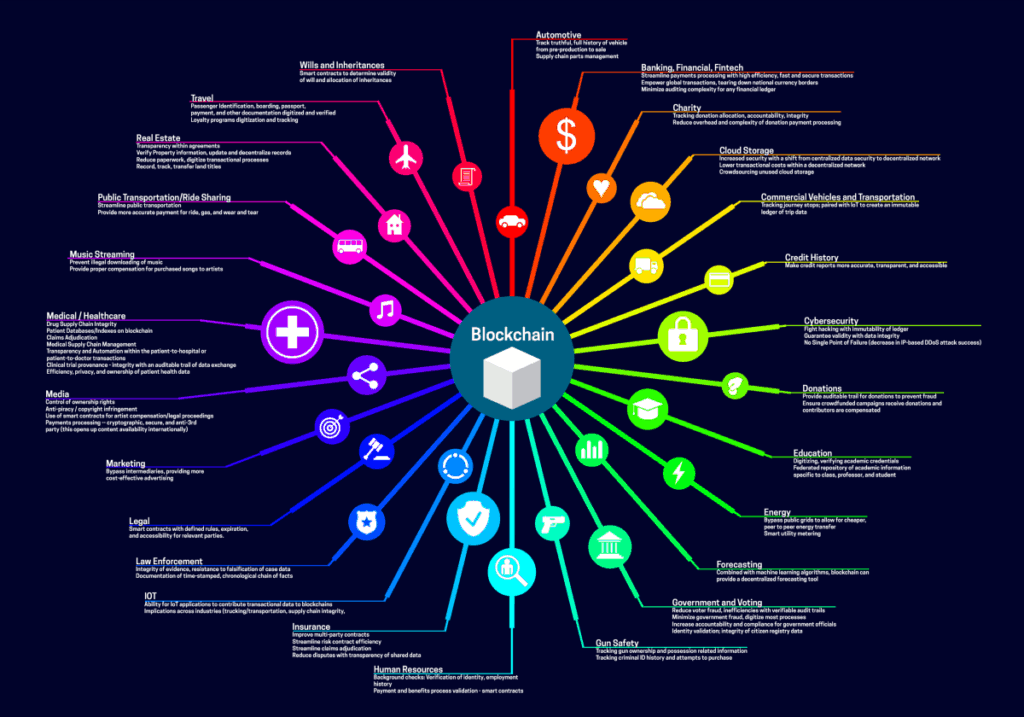Recently, great tension surrounded the events that unfolded in the European Parliament. MEPs leaned against a potential ban on cryptocurrencies based on the Proof of Work mining consensus. However, the resolution was rejected. Is this the end of the threats towards the consensus algorithm?
Important vote for Proof of Work (PoW)
The Proof of Work mining algorithm is not only the point of existence for Bitcoin, but also for all crypto assets, including those that do not use it. It was created first and subsequent ones were created with reference to it. Furthermore, Proof of Work is the best method known to mankind to secure a network. For Bitcoin, it also represents the value derived from the fact that difficult and expensive work must be done to acquire new coins. This aspect, among others, is what influences the value of the king of cryptocurrencies. Meanwhile, MEPs have decided to bend to the problem associated with the high level of energy it absorbs and put Proof of Work to a vote by which it could be banned within the Union.
Such an event took place on Monday, March 14. It took place within the European Parliament’s Economic and Monetary Affairs Committee (ECON) and ended with a vote of 32 to 24 against the proposal. This is very good news for miners, market supporters, developers as well as investors. The possible ban was part of a series of regulations governing the cryptocurrency market in Europe. The package is known as MiCA and contains 126 separate articles.
Good signal, but too early to celebrate
Although the vote results received from the European Parliament are encouraging, it is not yet the final verdict. Patrick Hansen, head of strategy and business development at DeFi platform Unstoppable Finance comments on the matter as follows:
“The groups that lost the vote have one last option. They can veto the MiCA fast-track trilogy and move the discussion to the plenary of Parliament. To do so, they need 1/10 of the EP’s votes, and this is what has happened.”
This means extending the work on the market-heavy legislation for another two months. It is worth remembering that a possible ban on the use of the Proof of Work algorithm may result not only in the complete withdrawal of miners from the European Union. It is also a blow to investors, for whom the algorithm makes it possible to transfer funds and ultimately carry out transactions.
Strong arguments suggesting a ban on cryptocurrency digging have been made by Sweden for several months. According to the Swedish government, the country is facing an energy shortage due to the high needs of the mines there. This, coupled with the high carbon footprint that the diggers allegedly have, makes for a strong bargaining chip for parliamentarians siding with the ban.



























